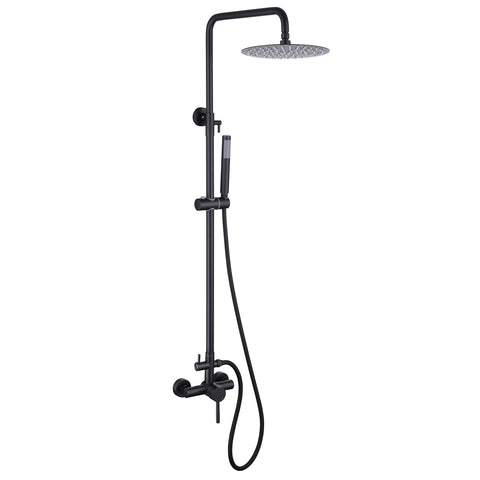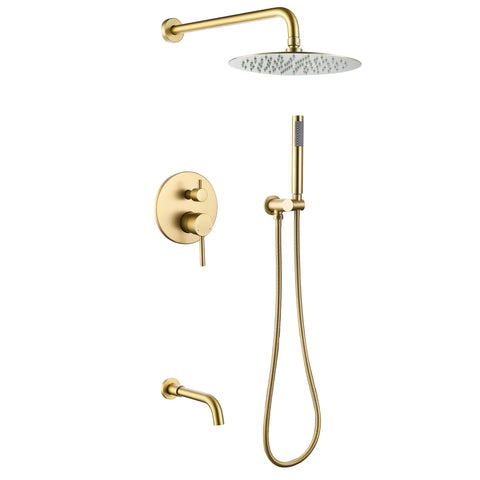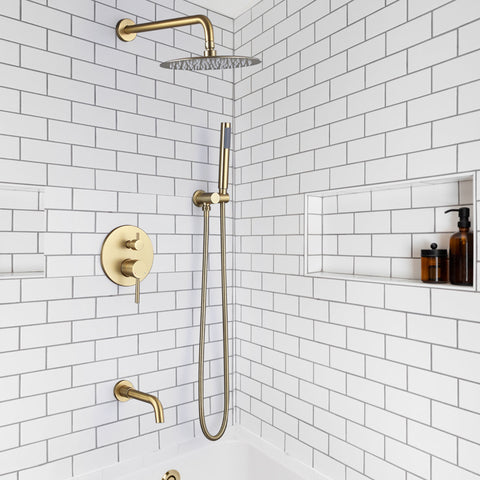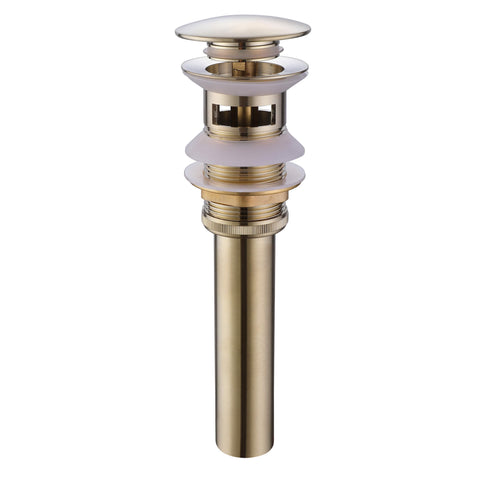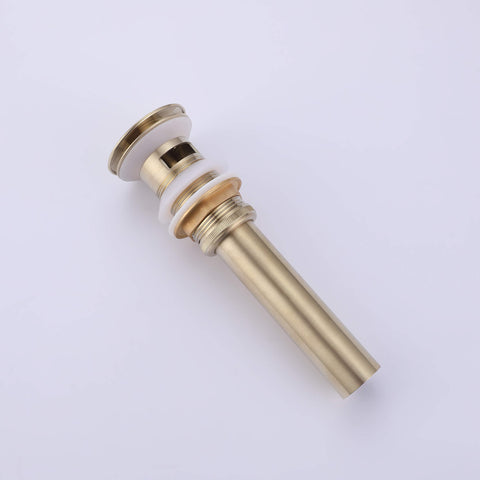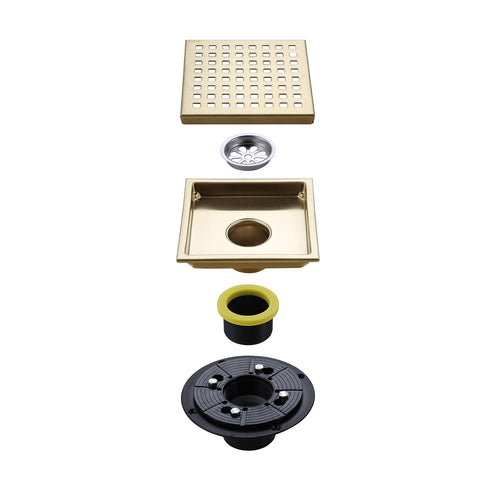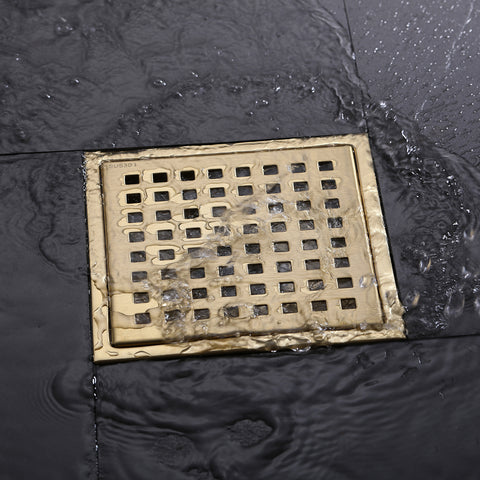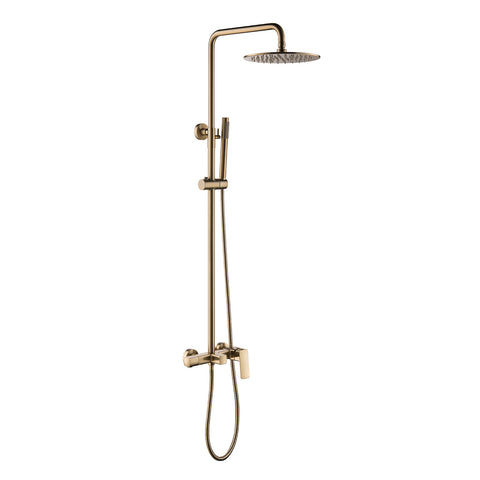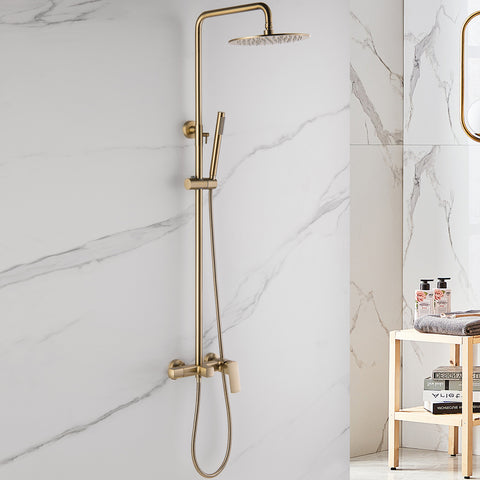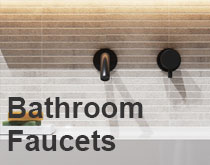What is the Best Material for Bathroom Sinks?
When it comes to bathroom design, every detail matters. One often overlooked yet essential element is the bathroom sink. The material you choose for your bathroom sink not only affects its aesthetic appeal but also its durability and maintenance requirements. With a plethora of options available, it can be challenging to determine the best material for your bathroom sink. In this blog, we'll explore various sink materials and their pros and cons to help you make an informed decision for your bathroom renovation or construction project.
Resin Stone Sinks
One material that has been gaining popularity in recent years is resin stone. These sinks, made from a combination of resin and natural stone particles, offer a unique blend of aesthetics and functionality.
Pros:
- Incredibly durable and resistant to daily wear.
- Wide variety of colors and textures, mimicking natural stone.
- Non-porous and easy to clean, resistant to stains and bacteria.
- More budget-friendly than natural stone like marble or granite.
Cons:
- Not entirely scratch-resistant; avoid harsh scrubbers.
- Can be damaged by extreme heat; avoid placing hot tools directly.
- Heavier than ceramic; may need extra support during installation.
- Color may fade over time if exposed to direct sunlight.
Porcelain or Ceramic Sinks
Porcelain and ceramic sinks are timeless classics in bathroom design. They are popular for their elegant and clean appearance.
Pros:
- Available in many colors and styles to match any decor.
- Resistant to stains and scratches.
- Affordable and widely available.
- Easy to clean with mild, non-abrasive cleaners.
Cons:
- Prone to chipping or cracking under impact.
- Discoloration possible over time with abrasive cleaning.
Stainless Steel Sinks
Stainless steel is a popular choice for contemporary or industrial-style bathrooms.
Pros:
- Extremely durable; resists chipping and staining.
- Low maintenance and easy to clean.
- Rust- and corrosion-resistant.
- Perfect for minimalist and modern interiors.
Cons:
- Can be noisy when water hits the surface.
- Shows water spots and fingerprints if not wiped dry.
Glass Sinks
Glass sinks add a sophisticated and artistic touch to any bathroom.
Pros:
- Unique and visually stunning.
- Easy to clean and maintain.
- Non-porous and stain-resistant.
- Can be customized with colors and patterns.
Cons:
- Can chip or crack with strong impact.
- Needs frequent cleaning to avoid water spots.
Natural Stone Sinks
Stone sinks, like marble or granite, offer unmatched natural beauty and longevity.
Pros:
- Each sink is unique in pattern and color.
- Highly durable and scratch-resistant.
- Heat-resistant and long-lasting.
- Adds luxurious and organic texture to your space.
Cons:
- More expensive than other materials.
- Needs regular sealing to prevent staining.
- Heavier; may require structural support.
Conclusion
Choosing the best material for your bathroom sink ultimately depends on your design preferences, budget, and maintenance expectations. Each material has its unique set of advantages and disadvantages. With the right material choice, your bathroom sink can enhance both the functionality and aesthetic appeal of your space, making it a truly inviting oasis within your home.
